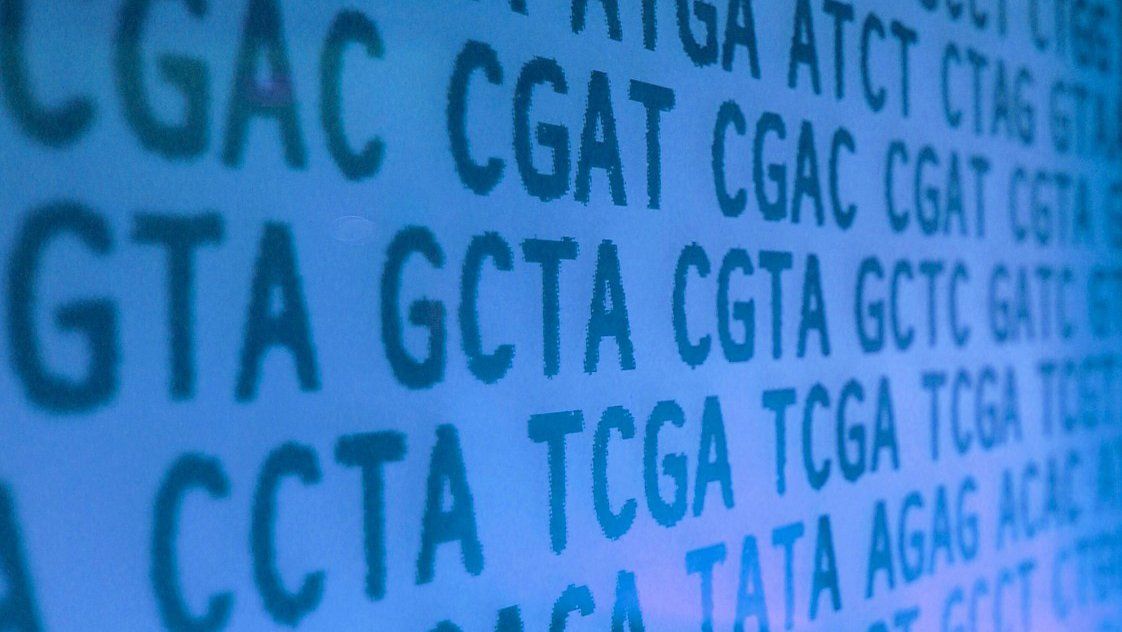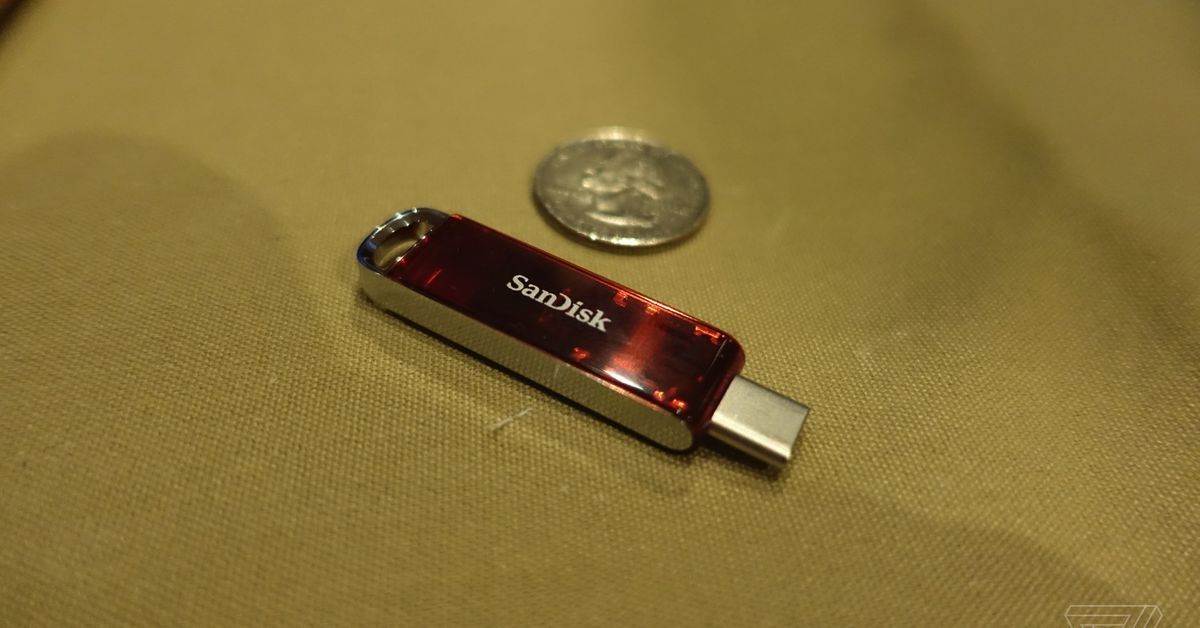Jan 10, 2018
Alzheimers Drug Turns Back the Clock in Mitochondria
Posted by Steve Hill in categories: biotech/medical, life extension, neuroscience
J147 is an experimental drug that has been shown to treat Alzheimer’s disease, and it also appears to reverse some aspects of aging. It is also poised to enter human clinical trials in the near future, although how it works has been somewhat of a puzzle.
A new study published in the journal Aging Cell has changed all that, and the results are quite intriguing[1]. Researchers at the Salk Institute have solved the mystery of how J147 works and why it makes old flies, mice, and cells more youthful.


















